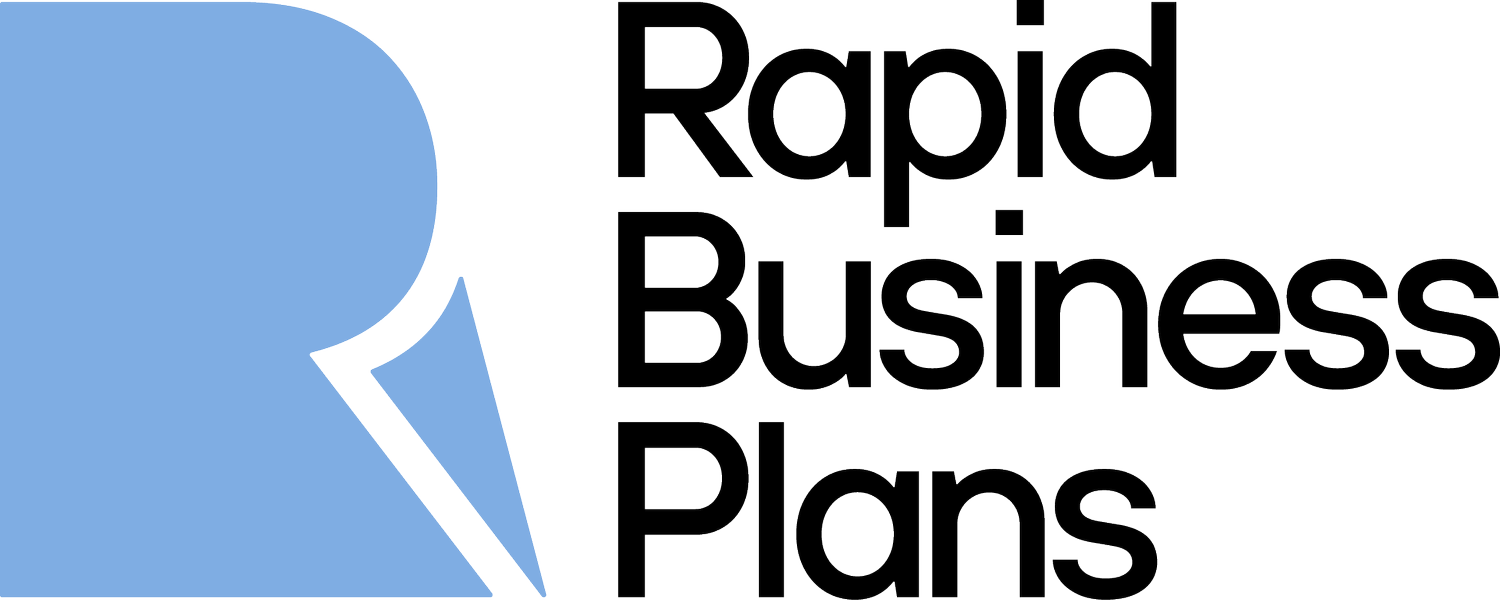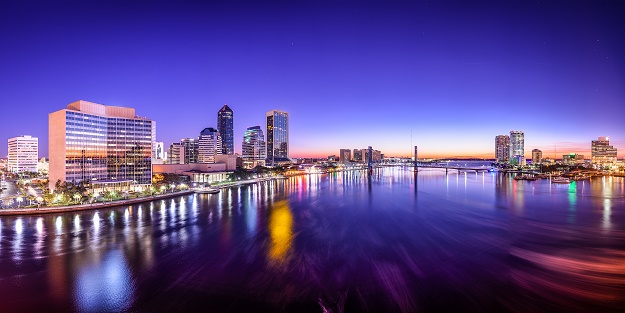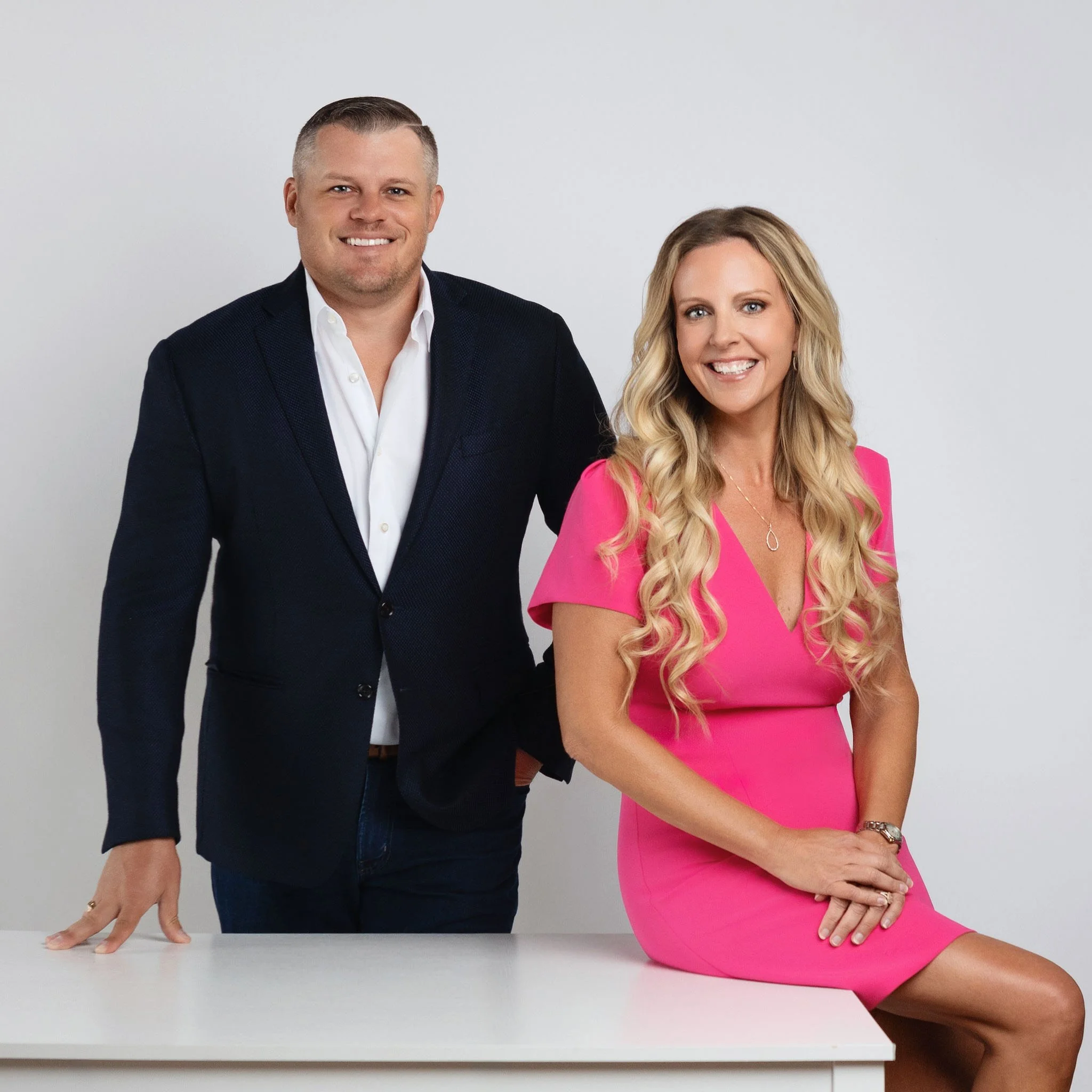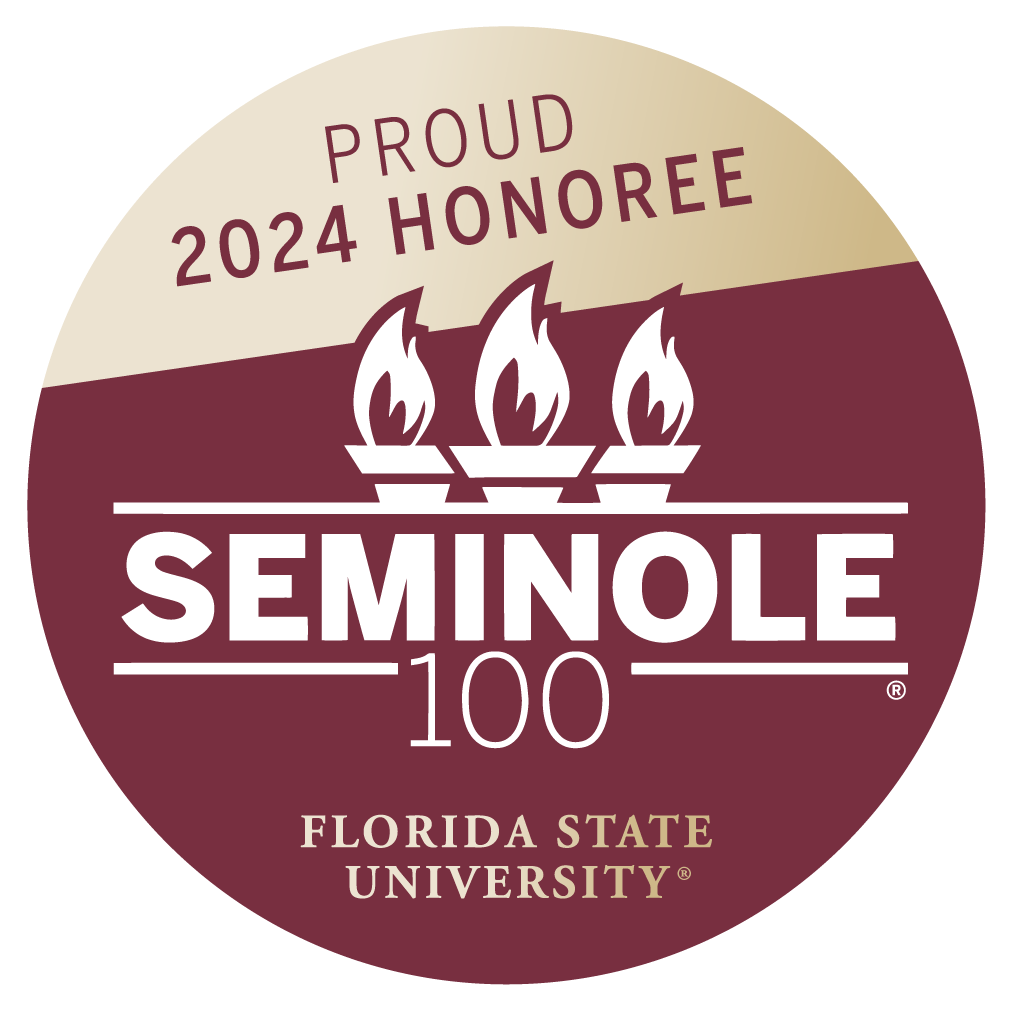So you want to start a franchise? Here's how to pay for it.
/When considering buying a franchise as an investment, a Small Business Administration, or SBA loan is a great place to start when researching funding. SBA loans are a common financing option for new franchise owners and have competitive terms and interest rates.
Types of SBA Loans
The SBA offers two types of loans for franchises: SBA 7(a) and SBA 504. The SBA 7(a) program is for working capital and leasehold improvements. The SBA 504 loan is a special hybrid loan that is for property or capital equipment.
In general, franchise loans are for leased space so most will be SBA 7(a), as these loans can be used for almost any business that is SBA approved. SBA 7(a) is generally a 10 year term and many banks give a rate of prime plus 2.75% (currently about 6% as of this writing). In FY19, SBA's flagship 7(a) loan program made approximately 52,000 7(a) loans totaling $23.17 billion. The SBA 504 loan can be used to purchase, refinance, or renovate major fixed assets, like real estate or equipment.
What franchises are eligible?
The SBA has created the SBA Franchise Directory (the "Directory") of all franchises and other brands reviewed by the SBA that are eligible for SBA financial assistance. Even if a franchise isn't on the approved list, the SBA loan can get done. Some lenders only work with mature franchises with 50 or more stores, while other lenders will work with emerging franchises. The SBA Approved Franchise Directory can be viewed here: https://www.sba.gov/document/support-sba-franchise-directory
What about lenders?
When researching lenders, it’s important to consider the pros and cons of your options. Big box banks like Wells Fargo will have the best rates, more competitive than prime plus 2.75%, but also the tightest credit. Personal credit must be very good, and post-closing liquidity is essential (cash in the bank after paying down payment). Additionally, startups may require a larger down payment.
Another option for funding is to look toward your local or regional bank. Many would be considered local banks that are geographically restricted for conventional loans, while they have a nationwide footprint specifically for SBA. You may never have heard of these banks, but many are leaders in SBA lending, by volume or quantity of deals and will have more flexible credit policies while being able to offer very competitive rates.
On the other end from big box banks like Wells Fargo are non-bank SBA lenders. However, there are only a limited number of licenses to be a non-bank SBA lender in the US. They generally have far more flexible credit policies and can help those with lower credit (general rule is 640 or above). A small handful of lenders can work with challenged credit below that, but these lenders result in a more costly interest rate and higher cash requirements. You will need to have a good reason for bad credit (divorce, medical, etc). It should be noted that many of these types of lenders will only require a 10% down payment, while others may require 20% or more. It pays to shop around.
It’s also important to ask your lender about prepayment penalties and balloon payments. These can sometimes be negotiated. Also, if you're getting a landlord contribution for tenant improvements, some loan structures will allow that to count toward the down payment/equity injection. Read that again!
As a potential investor, it’s important to do your homework when it comes to lending options for your specific franchise. Consult this list of the top SBA lenders in the country: https://www.sba.gov/article/2020/mar/02/100-most-active-sba-7a-lenders
How can Rapid help me?
Rapid Business Plans can assist in creating your business plan, a requirement for most SBA loans. We have banking industry veterans on staff to answer your questions! To schedule a discovery call with our team, send a note via our contact page.




